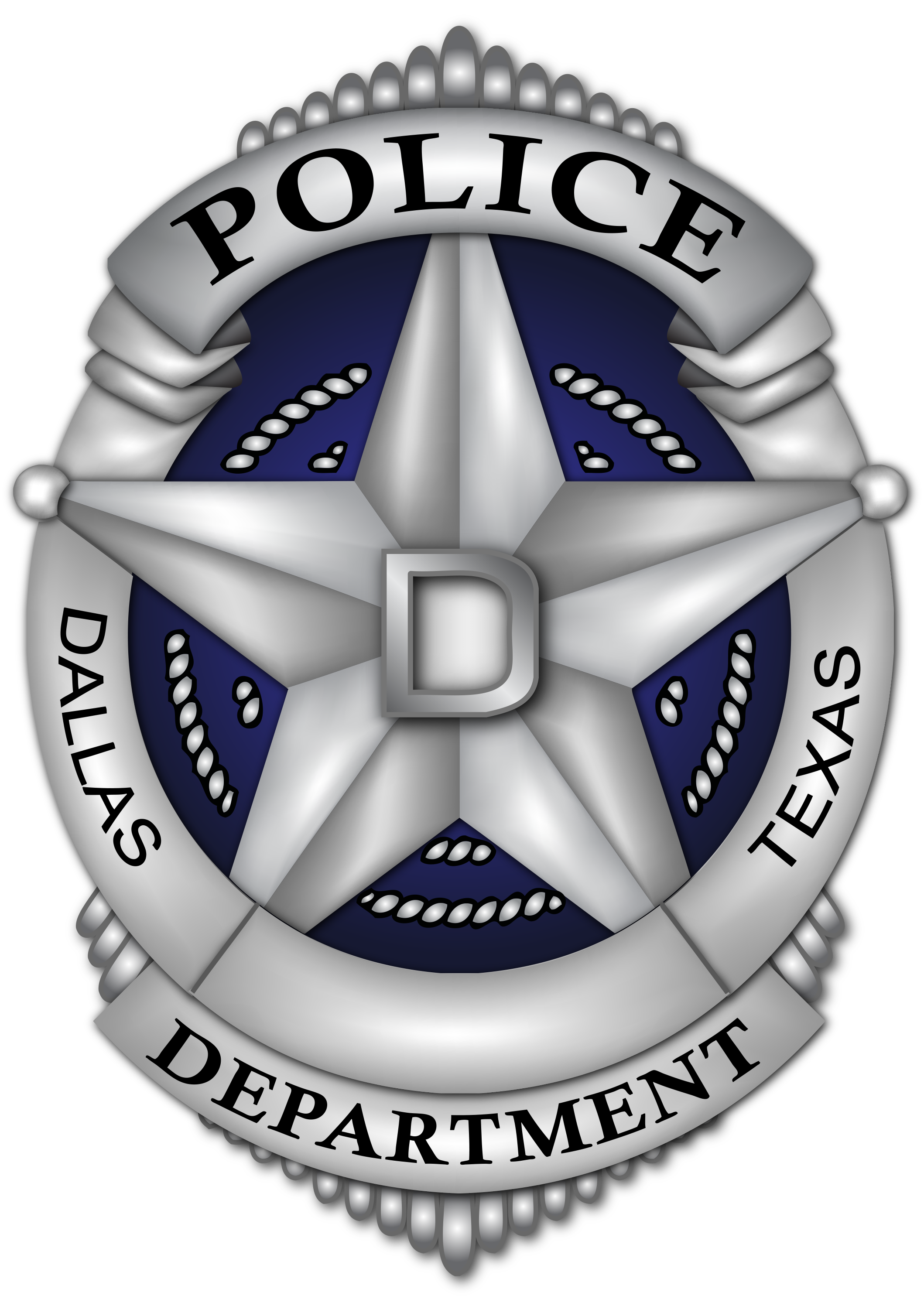
Dallas Police Department General Order 500.00 Internal Investigations Table of Contents Revised 01/17/2020
|
500.00 INTERNAL INVESTIGATIONS AND DISCIPLINARY PROCESS
501.00 PHILOSOPHY OF DISCIPLINE
501.01 Prevention of Misconduct
501.02 Disparate Discipline
502.00 REQUIREMENTS FOR MAKING COMPLAINTS
503.00 DISCIPLINARY AUTHORITY
504.00 EMPLOYEE RESPONSIBILITIES
505.00 COMPLAINT RECEIPT AND CLASSIFICATION
505.01 Complaint Classification
505.02 External Administrative Complaints
505.03 Supervisor's Responsibilities in External Administrative Complaints
505.04 Administrative Originated Complaints and Supervisory Responsibilities
505.05 Types of Complaint Investigations
506.00 EMPLOYEE RIGHTS
506.01 Scheduling of Interview, Administrative Warning, Legal Counsel, and Association Representation During Disciplinary Action Hearings
506.02 Departmental Equipment and Facilities
507.00 COMPLAINT PROCESSING AND INVESTIGATION
507.01 Action upon Receipt of Complaint
507.02 Procedures for Control Number Investigations
507.03 Findings Assigned to Control Number Investigations
507.04 Administrative Inquiry Investigations
507.05 Public Integrity Investigations
507.06 Division Referral Investigations
508.00 SPECIAL PROCEDURES
509.00 REVIEW AND RECOMMENDATION PROCESS
510.00 TYPES OF CORRECTIVE ACTION
510.01 Discipline Matrixes
511.00 IMPOSING CORRECTIVE ACTION AND DISCIPLINE
511.01 Summary Discipline
511.02 Appeal Procedure for Summary Discipline
511.03 Documentation of Summary Discipline
511.04 Written Reprimand
511.05 Suspension, Demotion, and Discharge
511.06 Appeal Procedure for Reprimands, Suspensions, Demotions, and Discharges
512.00 RESIGNATION WHILE UNDER INVESTIGATION OR AWAITING IMPOSITION OF PUNISHMENT
513.00 ADMINISTRATIVE LEAVE/RESTRICTED DUTY POLICY
514.00 TCOLE NOTIFICATION FORM
515.00 CHIEF OF POLICE NOTIFICATION PROCEDURES
